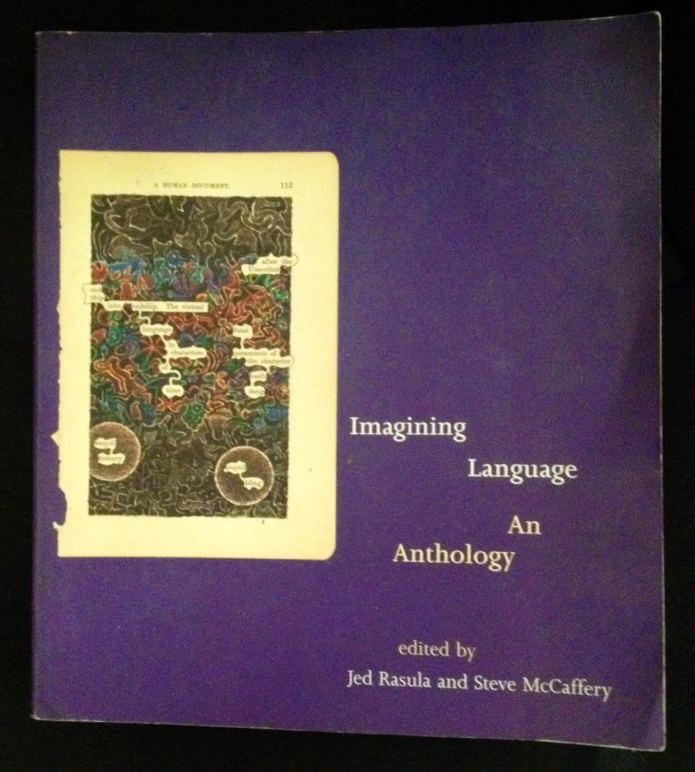The English language has power, plain and simple. I have been observing this more and more in my efforts to re-learn French and to learn Bamanakan ( and hopefully Fulbe and Wolof too).
Almost everyday I meet people who speak or want to learn English, sometimes at the expense of losing their mothertongues. As someone whose family has close ties to the Gullah language, I am particularly sensitive to people losing or giving up their mothertongues; because once we give them up they tend to disappear forever.
While I am living and traveling in West Africa, I am determined to learning as much about the languages here as I possibly can, not in an effort to “save” or “preserve” these languages, but in an effort to gain more understanding about where the richness of the art and culture come from.
Over the past 7 months that I have lived here in Bamako I have been blessed with the opportunity to conduct a few writing workshops at both The American School of Bamako and Lycee Francais Libertie. Both workshops were great fun and I feel like I really connected with the students with the material I covered.
The last of these workshops I had the privilege of working with some students who had just returned from a trip to New York City, visiting Harlem and the Schomburg Center for Research in Black Culture. Their teacher had been teaching them about the Civil Rights Movement and she asked me as a writer and a African American to come to her class and to help them with their presentations and to share some poems with them.
Although the bulk of my library is back in DC, I do have a little stash that I brought with me. In that stash was Joseph Ross’ Gospel of Dust and Dr. Jeffrey Lamar Coleman. It was a pleasure to share the work of people that were not only friends of mine, but have produced and edited collected work that engages the world of ideas that illuminates a very important period of American History.
This is the second time (the first was in Northern Ireland) while traveling internationally I have been told and witnessed how important the Civil Rights Movement was to people outside of the United States.
